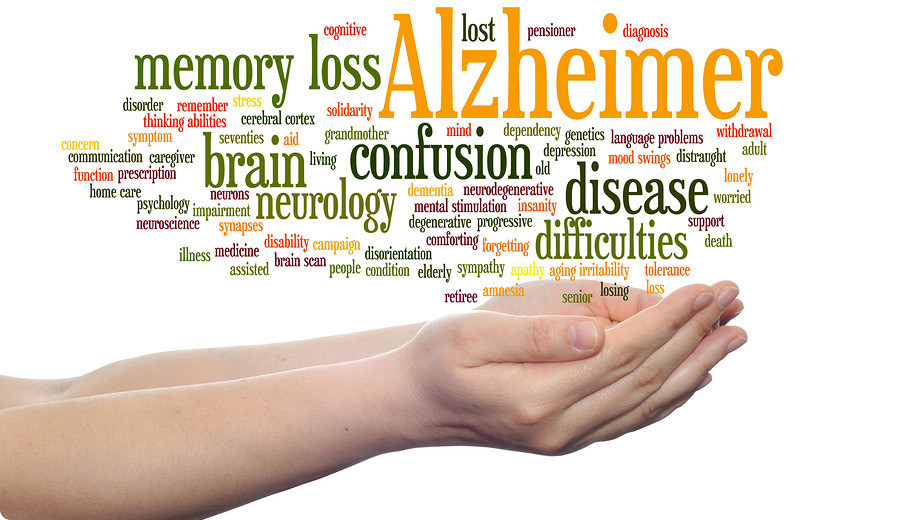
This article is primarily for diabetics especially type 2 but if you have a type 1 you can read as well. We’re talking about the diabetic brain there’s some interesting things that you need to know.
Number one, the brain uses 20% of all the energy generator in the body yet it only makes up 2% of the tissues, so it’s an energy hog so that’s the first thing.
There’s a thing called diabetes type 3 which is Alzheimer. So, in reality Alzheimer’s is diabetes of your brain because the effects of high blood sugar cause atrophy of certain parts of the brain. This part called hippocampus in the frontal lobe and there’s also other
parts too like the temporal lobe and that’s going to cause a loss of memory, a loss of your brain GPS the ability to locate yourself in space so you’re walking outside looking for your car you can’t quite find that.
The problem is Alzheimer starts way back over here like 20 to 30 years before you start developing the major symptoms, so it starts small and it’s brewing in the oven and then it gets worse and worse and worse.
Now the other thing I want to bring up is that when you destroy this part of the brain you lose your memory but there’s a treatment called nasal insulin delivery which you basically blow insulin up to your sinuses it gets right up to the brain and that has been shown to enhance your memory. Now you can see that insulin is involved with blood sugars, but insulin also has some other purposes of the brain that go beyond regulation of blood sugars as well, but I don’t want to get sidetracked on that.
Another interesting point is a healthy brain has 4 times as much insulin and 10 times as many insulin receptors which means that when you have diabetes obviously you have an insulin deficiency as in insulin resistance. Okay however they still haven’t figured out where this is in the blood-brain barrier, is it insert the brain they don’t there’s a lot of unknowns with this but all we know is that we need the right amount of insulin in the brain for it to work correctly. The other very interesting thing about the brain is that it does not store glycogen like your liver does and your muscles do, so it doesn’t have a glycogen reserve.
Glycogen is this storage of glucose. The brain doesn’t store glycogen, so it’s dependent on glucose from your blood. Now the glucose in your blood could be coming from glycogen in other parts of your body but the point is we don’t have this glycogen reserve like the muscles do which the muscles can grab glycogen fast. Your brain can’t, it’s totally dependent on what’s happening with glucose.
Let me take it one step further, your fat breaks down into fatty acids which can be used for fuel except the brain. The brain can’t use fatty acids, and guess what, 60% of that fat turns into fatty acids the heart can use this, the muscles can use it, but not the brain.
Thank goodness we have the 40% ketones your brain can run on ketones, in fact it loves ketones better than glucose, in fact if you have glucose and ketones together in your blood the brain will always pick ketones first over glucose.
Ketones can act as an antioxidant in the brain has anti-inflammatory properties it increases oxygen and bypass some of the damaged neurons and feed the brain directly. The brain has only two fuel choices: glucose and ketones. Obviously, you want to probably run on ketones right well, the problem is you’ll never do it unless you bring your carbs down below 50 grams and the average person in America is consuming almost 300 grams of carbs. That is the problem, a lot of times diabetics are consuming even more that’s why they have diabetes.
Diabetes is a disease of high blood sugar so why would you want to add more carbs to this this problem. In order to run your body on ketones and this is what I’m recommending you want to get your carbs down at least below 50 grams.
I hope you understand why you should be driving your body on ketones because the more you’re dependent on this glucose you’re constantly going to need food every 3 hours, you’re getting a snacks, your blood sugars come up and down and up and down, and then you start losing more and more insulin the brain then start getting clacking in the brain, and atrophy other than that you’re going to be perfectly fine.
